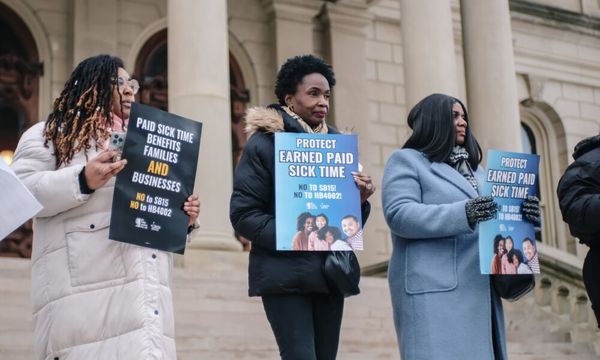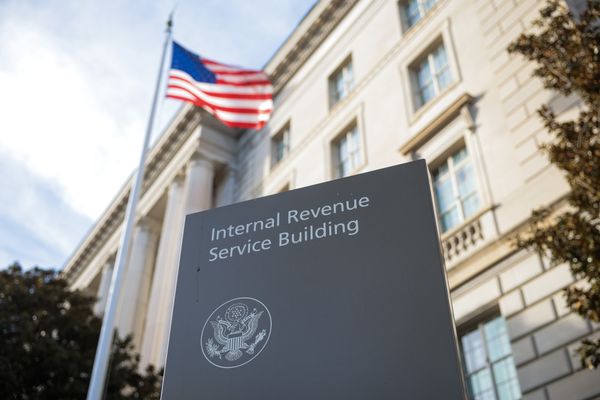Film exhibition and production in Tamil Nadu has grown by leaps and bounds, and has had an outsized influence on popular culture since the silent era in the early 20th Century. But the man who pioneered it barely finds a mention in its history.
Samikannu Vincent, who was born on April 18, 1883 in Kottaimedu, Coimbatore, and worked as a draftsman-clerk in the South Indian Railway, transformed the exhibition business in the State. In just 10 years after famed French inventors and filmmakers, the Lumière brothers, presented their silent movie in public in the West, Samikannu decided to buy an expensive touring cinema set from French film exhibitor Du Pont in 1905, reportedly at a whopping ₹2,250, and took it to places as far away as Peshawar, Lahore, Afghanistan and Myanmar.
It is said that Samikannu used to pitch tents for his touring talkies to screen silent movies such as Ramayana, Birth of Hanuman and Pavazhakodi for a one-anna floor ticket. In the days of silent movies, a person with a microphone explained the sequences that unfolded on the screen, while people sat on the sand floor and watched in awe. Chairs were put up only for important people.
Samikannu set up Variety Hall Talkies in 1914, considered the then Madras State’s first cinema theatre, which mainly screened Tamil films and some English movies such as Tarzan The Fearless, Tarzan Finds a Mate, Tarzan The Ape Man and King Kong.
The interest and business around movies created by Samikannu resulted in the setting up of two studios – Central Studios (1937) and Pakshiraja Studios – in Coimbatore. Film production flourished in Coimbatore between 1937 and 1960. Well-known film historian Randor Guy noted that Samikannu also produced a number of films in association with other film studios.
He co-produced Valli Thirumanam with Pioneer Studios, Calcutta (Kolkata), which starred T.P. Rajalakshmi. The film was also hugely successful in Madras (Chennai), where it was screened at the New Elphinstone Cinema on Mount Road (Anna Salai).
After the roaring success of Valli Thirumanam, he co-produced Harishchandra (1935) with Pioneer Studios and Subhadra Parinayam under the banner of Variety Hall Talkies. Samikannu later joined Central Studios as one of its directors and was also reportedly interested in theatre management and equipment distribution.
Samikannu’s grandson, Wilfred Paul, said in an interview with The Hindu that his grandfather would set up touring talkies on Trichy Road in Coimbatore to entertain British soldiers camped at the Madukkarai Battalion during the war.
“The tent would go up in the evenings. The projector moved on a trolley and English films were screened. The soldiers travelled in a bus, which was largely a skeleton body with wooden planks and steel rods. You could see the bus at G.D. Naidu Museum,” he said, adding that Samikannu went on to launch 12 theatres in Coimbatore. Variety Hall Talkies (now Delite Theatre) turned 100 in 2014. Samikannu also set up permanent theatres in Coimbatore, Ernakulam, Erode and Chennai.
Samikannu did not confine himself to film exhibition. He is widely credited with bringing electricity to Coimbatore in the 1930s [The city only had hurricane lights till then], setting up a soda-making company and an electric-powered rice and flour mill.
In an interview with The Hindu in 2011, T.R. Natanasabapathy, who served as special public prosecutor for cooperative defalcation cases, said, “In the evenings, a government employee would climb the roadside posts, light the lamps and put them out the next morning. Vincent created an artificial waterfall in the backyard of the theatre and generated power. How amazing it was when the city was first electrified, sometime in the 1930s. We couldn’t believe that by the mere flick of a switch at the end of a wire mounted reaper, rooms would be flooded with light.”
Mr. Guy noted that Samikannu realised the need for a printing press to produce quality handbills, and promoted a printing press located in a house near his theatre, using the cinema house’s electric power plant. He also built a power-driven rice and flour mill and ran it from Variety Hall Palace, right next to the theatre.







